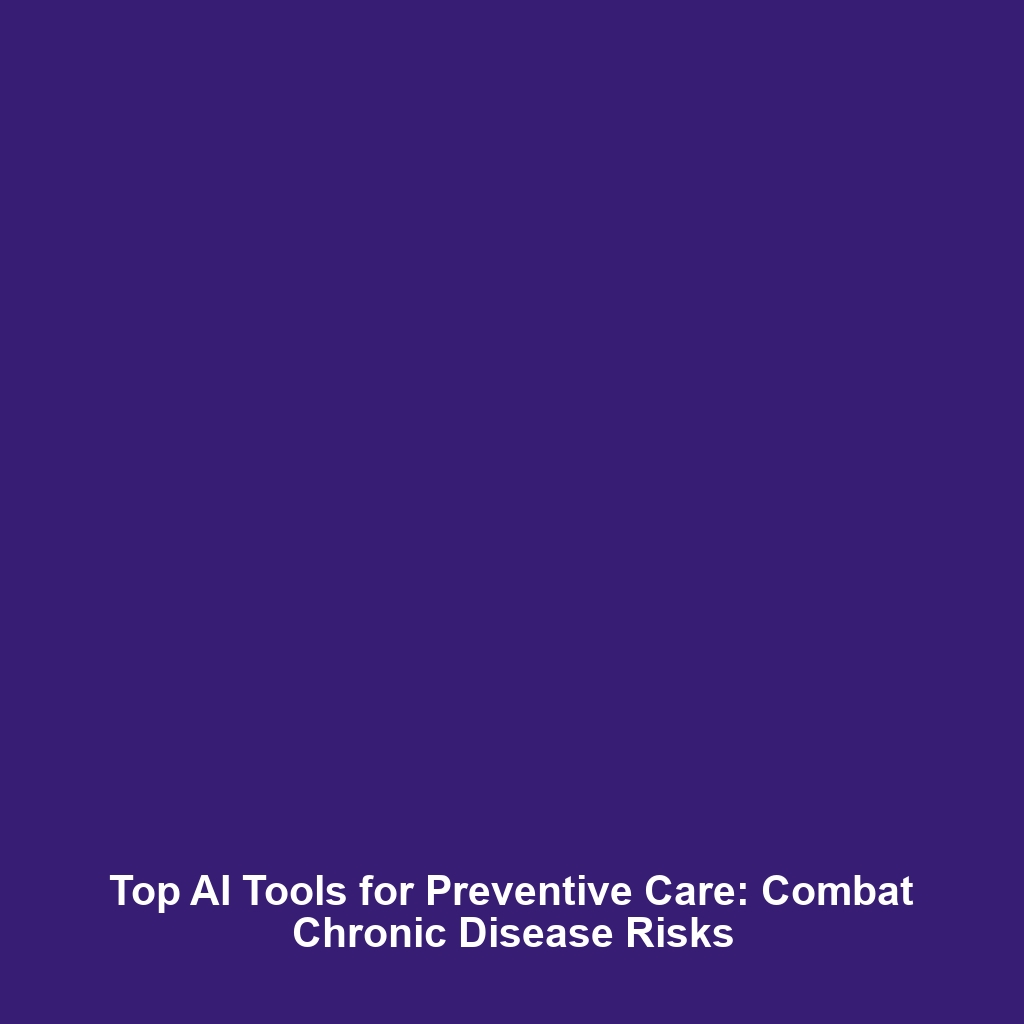Regulatory Frameworks Governing AI in Healthcare: Exploring HIPAA and Beyond
Introduction: As artificial intelligence (AI) continues to revolutionize the healthcare industry, understanding the regulatory frameworks governing its use is crucial. Regulatory frameworks, such as the Health Insurance Portability and Accountability Act (HIPAA), play a significant role in ensuring patient privacy and data security while promoting innovation. These frameworks not only shape how AI technologies are developed and implemented but also safeguard sensitive health information. This article delves into the significance of regulatory frameworks governing AI in healthcare, exploring their applications, challenges, and future implications.
Key Concepts of Regulatory Frameworks
Understanding the regulatory frameworks surrounding AI in healthcare is essential for several reasons:
- Patient Privacy: HIPAA sets strict rules for how healthcare data is handled, ensuring patient confidentiality.
- Data Security: Regulatory frameworks aim to protect sensitive health information from unauthorized access.
- Quality Assurance: They provide guidelines that ensure the accuracy and reliability of AI applications in healthcare.
- Compliance and Accountability: Organizations must adhere to these regulations to avoid legal repercussions and uphold ethical standards.
Applications and Real-World Uses
The application of regulatory frameworks, particularly HIPAA, is critical in the utilization of AI in healthcare:
- Risk Assessment: AI tools that analyze patient data must comply with HIPAA to protect confidentiality.
- Patient Monitoring: Wearable devices that collect health data leverage AI while adhering to regulatory guidelines for data protection.
- Treatment Personalization: AI systems that recommend personalized treatment plans rely on secure use of patient data as mandated by HIPAA.
These examples illustrate how HIPAA and other regulatory frameworks are integrated into various AI healthcare applications.
Current Challenges
Despite the significance of regulatory frameworks, several challenges persist in their application to AI in healthcare:
- Complex Regulations: Navigating the intricate landscape of regulations can overwhelm healthcare providers and AI developers.
- Rapid Technological Advancements: Regulations may lag behind the fast pace of innovation in AI technologies.
- Data Sharing Dilemmas: Balancing data accessibility for AI training while ensuring patient privacy is a complex issue.
Future Research and Innovations
The future of AI in healthcare is closely tied to advancements in regulatory frameworks:
- Adaptive Regulations: Research into flexible regulatory models that can evolve with emerging technologies is underway.
- Blockchain Technology: Innovations, such as blockchain, may offer enhanced security measures for patient data.
- AI-Driven Compliance Tools: Future developments may include AI solutions designed to help organizations maintain compliance with regulations.
Conclusion
In summary, regulatory frameworks like HIPAA play an indispensable role in shaping the landscape of AI in healthcare. They ensure that while innovation progresses, patient privacy and data security remain a priority. As the technology evolves, ongoing research into adaptive regulations will be essential to facilitate the responsible use of AI in healthcare. For further reading on the intersection of technology and regulations, check our guides on health data security and AI in patient care.
